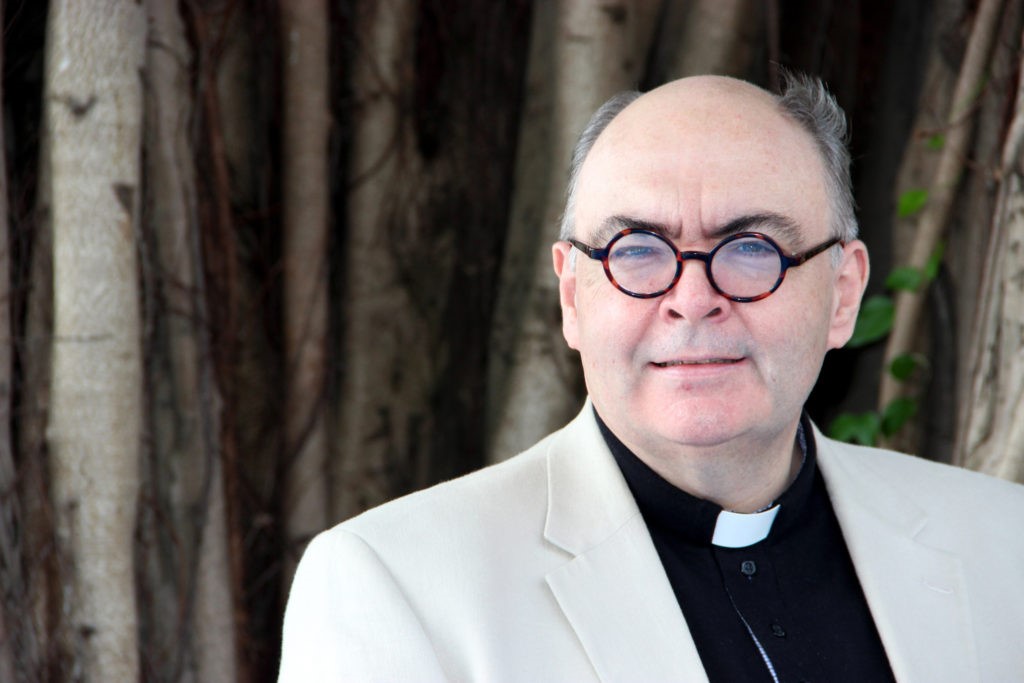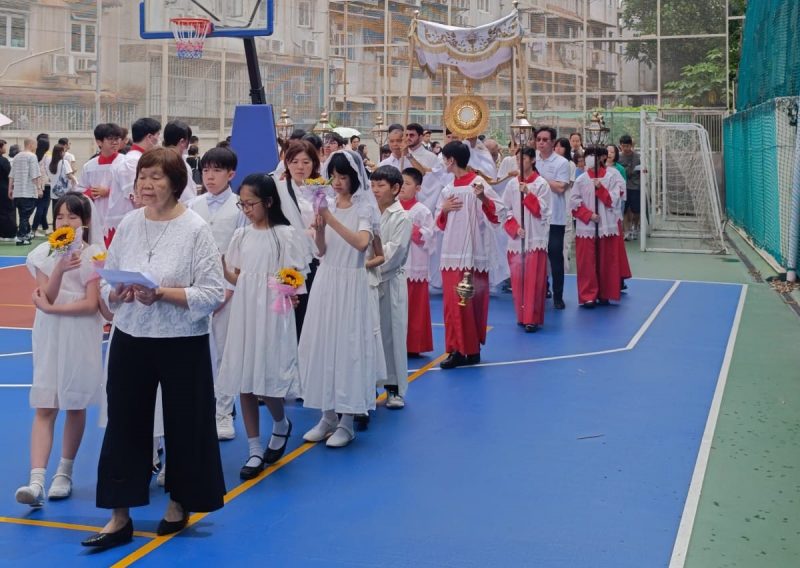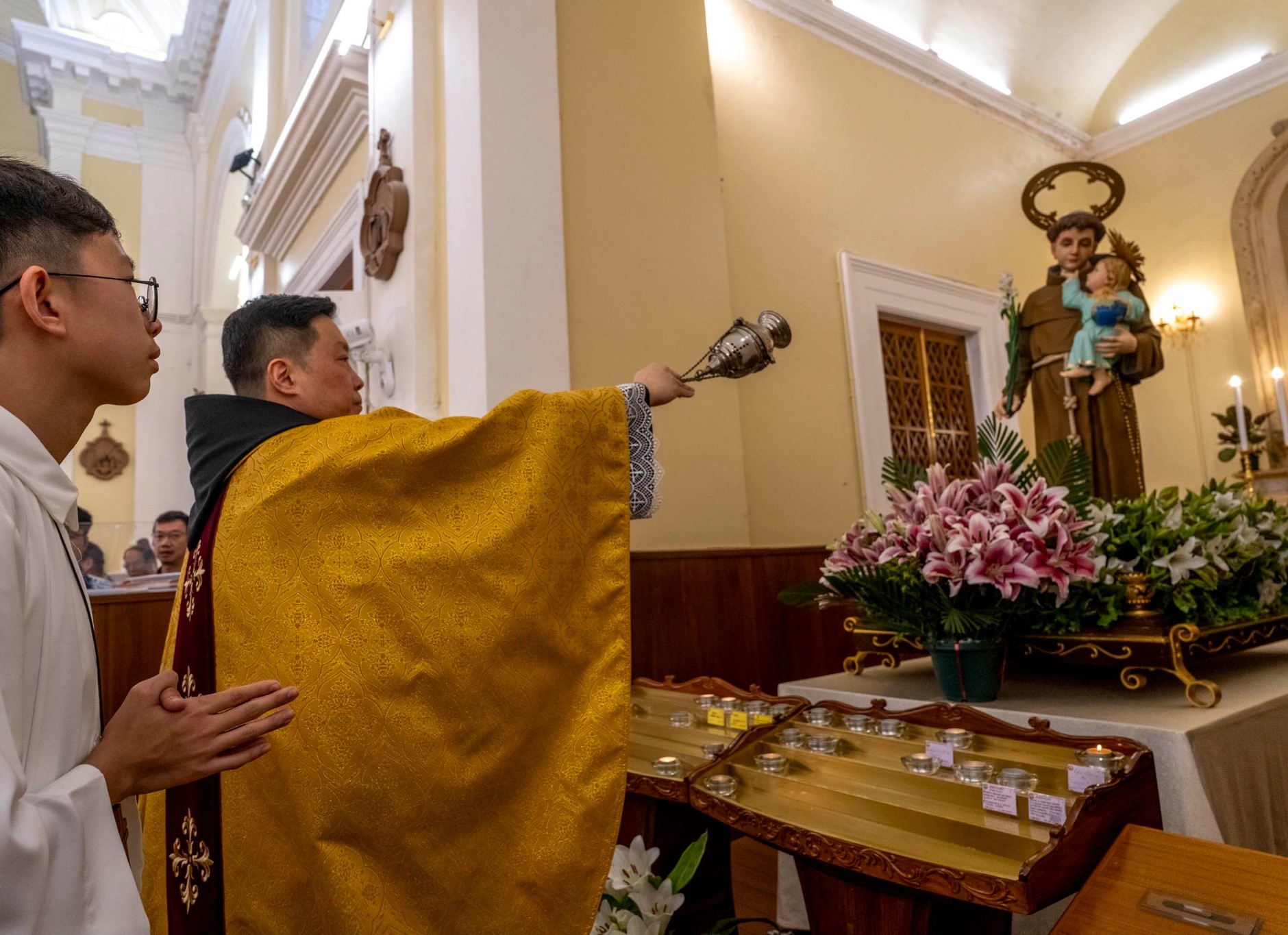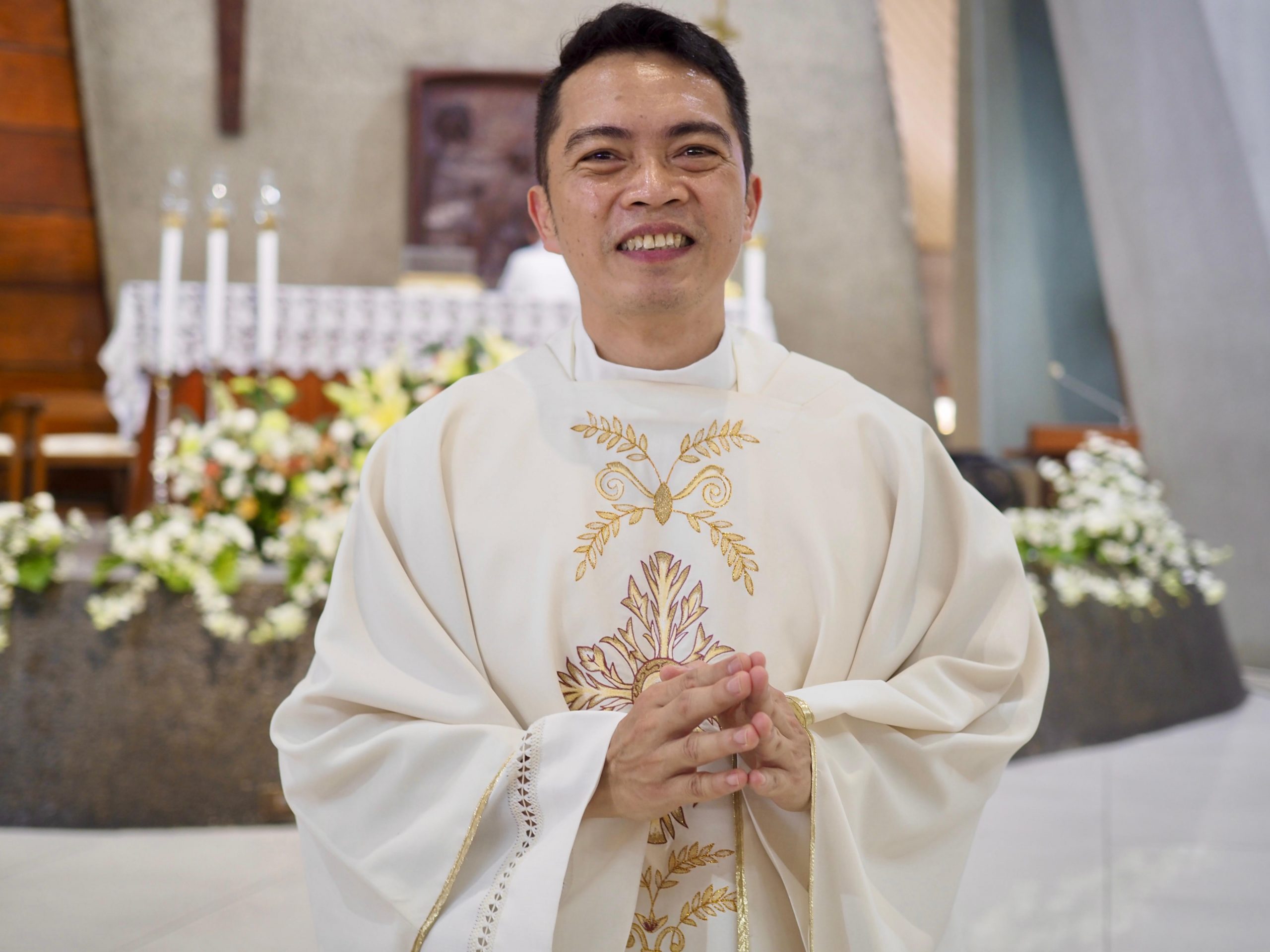Marco Carvalho
The University of Saint Joseph is celebrating its 25th anniversary and it was rewarded by the Central Government with a long awaited accolade. The higher education institution was authorized by the Chinese Education Ministry to recruit Mainland students, albeit on a trial basis. The University will be able to enroll students from the People’s Republic of China in postgraduate programs in Architecture, Business Administration, Information Systems and Science, Stephan Morgan announced earlier this week.
The rector of the University of Saint Joseph, which was until now the only university in Macau that was not authorized to enroll students from Mainland China, says that the authorization now granted by the Central Government constitutes a “real opportunity” for the USJ to demonstrate that it is “a university in, to and from Macau and in, to and from China.” Stephan Morgan spoke with O Clarim about the challenges and opportunities that await the University of Saint Joseph.
This is the third academic year partially or entirely under the spell of Covid-19. How is the pandemic affecting the University of Saint Joseph?
It has various effects. On the positive side, it has allowed us to move ahead faster with some of the internal changes to organization and culture than might otherwise have been the case; on the negative, it has severely restricted our inflow of international students and has left several of our academics stranded overseas, with a number of key new appointments not able to take up their posts.
What other challenges is the University currently facing?
Like all higher education institutions in Macau, USJ is working hard at making a concrete response to the Chief Executive’s call for the diversification of the economy through the development and application of our research work. We see huge potential in this area, particularly with our co-operation with, for example, the Institute of Oceanography of the Chinese Academy of Science (IOCAS) in Qingdao, with our newly established Institute for Data Engineering and Science and our long-standing collaboration with Católica and other universities in the Portuguese-speaking world. Of course the recently announced – and very welcome – measures related to Hengqin are very exciting and USJ will look for every opportunity to take advantage of these developments.
You have toured China recently. Was this a rewarding expedition in terms of cooperation with any Mainland institutions? If so, which sort of institutions?
The visits were extremely rewarding, even though the visits were cut short by the flare-up of the pandemic in a number of places we had been scheduled to visit. We already have a long-standing network of institutional collaborations (like that with IOCAS, that I mentioned above) and part of the reason was to strengthen those relationships. Nevertheless, there were new opportunities with a number of universities, state bodies and provincial education authorities that we were able to explore. Given the news of our being granted permission for the first time to recruit – albeit on a limited basis – students from the Mainland from the current academic year – these relationships assume an enhanced importance in the future development of USJ. In our 25th anniversary year, we are delighted to be able to begin to realize a long hoped-for desire to be a university in, of and for Macau, in, of and for China.
The University of Saint Joseph also signed a Memorandum of Understanding with the Macau Youth Greater Bay Area Development Association. What’s the purpose of this agreement?
We firmly believe that the future of Macao – whilst retaining its particular characteristics and ties with the Portuguese-speaking world – is as a city of the Greater Bay Area. We hope that, through our agreement with the Macau Youth Greater Bay Area Development Association, we will be able to offer our students and others from the GBA the opportunity to explore the possibilities offered by the development of the GBA.
The University is asking for papers on Plantinga’s Religious Epistemology. Who is Alvin Plantinga? And why is his message worth an online conference?
Alvin Plantinga is an American philosopher whose work has mainly been in the field of the philosophy of religion and epistemology – the philosophical consideration and establishment of truth. One of our Philosophy Professors, Tyler McNabb, is a specialist in this area and is seeking to bring together other philosophers and theologians concerned with questions of how religious belief can be justified in a world increasingly dominated by a rather shallow scientific materialism. As a Catholic university, this is precisely the kind of work we should be engaged in.
How many new students will the University receive in this new academic year?
The number is a slightly moving target with late enrolments to one or two programs, but something over 500.


 Follow
Follow


